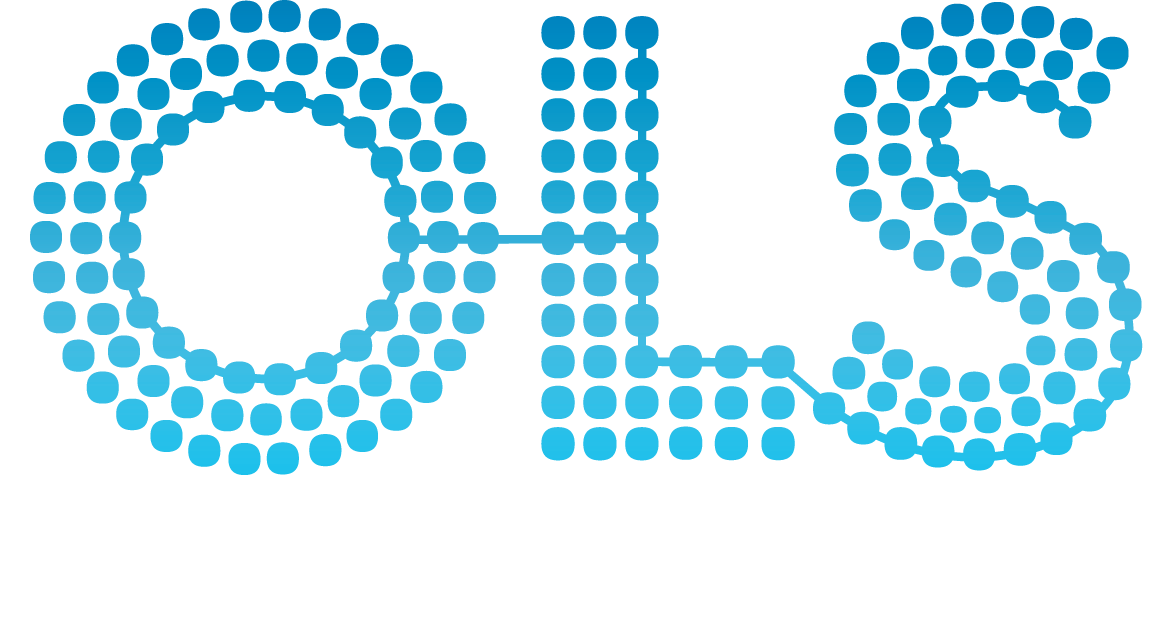|
Antineoplastic Agents
|
D000970 |
[Substances that inhibit or prevent the proliferation of NEOPLASMS.
] |
|
Antineoplastic Agents, Alkylating
|
D018906 |
[A class of drugs that differs from other alkylating agents used clinically in that they are monofunctional and thus unable to cross-link cellular macromolecules. Among their common properties are a requirement for metabolic activation to intermediates with antitumor efficacy and the presence in their chemical structures of N-methyl groups, that after metabolism, can covalently modify cellular DNA. The precise mechanisms by which each of these drugs acts to kill tumor cells are not completely understood. (From AMA, Drug Evaluations Annual, 1994, p2026)
] |
|
Antineoplastic Agents, Hormonal
|
D018931 |
[Antineoplastic agents that are used to treat hormone-sensitive tumors. Hormone-sensitive tumors may be hormone-dependent, hormone-responsive, or both. A hormone-dependent tumor regresses on removal of the hormonal stimulus, by surgery or pharmacological block. Hormone-responsive tumors may regress when pharmacologic amounts of hormones are administered regardless of whether previous signs of hormone sensitivity were observed. The major hormone-responsive cancers include carcinomas of the breast, prostate, and endometrium; lymphomas; and certain leukemias. (From AMA Drug Evaluations Annual 1994, p2079)
] |
|
Antineoplastic Agents, Immunological
|
D000074322 |
[Monoclonal antibodies that inhibit or prevent the proliferation of NEOPLASMS.
, Antineoplastic agents containing immunological agents (e.g. MAbs). These pharmacologic preparations inhibit or prevent the proliferation of NEOPLASMS.
] |
|
Antineoplastic Agents, Phytogenic
|
D000972 |
[Agents obtained from higher plants that have demonstrable cytostatic or antineoplastic activity.
] |
|
Antineoplastic Combined Chemotherapy Protocols
|
D000971 |
[The use of two or more chemicals simultaneously or sequentially in the drug therapy of neoplasms. The drugs need not be in the same dosage form.
] |
|
Antineoplastic Protocols
|
D024221 |
[Clinical protocols used to inhibit the growth or spread of NEOPLASMS.
] |
|
Antioxidant Response Elements
|
D061745 |
[Nucleotide sequences that are found in the PROMOTER REGIONS of the genes of stress-responsive and cytoprotective proteins, such as those encoding antioxidant and PHASE II DETOXIFICATION enzymes. NF-E2-RELATED FACTOR 2 containing transcription factors bind to these elements during induction of these genes.
] |
|
Antioxidants
|
D000975 |
[Naturally occurring or synthetic substances that inhibit or retard oxidation reactions. They counteract the damaging effects of oxidation in animal tissues.
] |
|
Antipain
|
D000976 |
[An oligopeptide produced by various bacteria which acts as a protease inhibitor.
] |
|
Antiparasitic Agents
|
D000977 |
[Drugs used to treat or prevent parasitic infections.
] |
|
Antiparkinson Agents
|
D000978 |
[Agents used in the treatment of Parkinson's disease. The most commonly used drugs act on the dopaminergic system in the striatum and basal ganglia or are centrally acting muscarinic antagonists.
] |
|
Antiperspirants
|
D051520 |
[Agents that are put on the SKIN to reduce SWEATING or prevent excess sweating (HYPERHIDROSIS).
] |
|
Antiphospholipid Syndrome
|
D016736 |
[The presence of antibodies directed against phospholipids (ANTIBODIES, ANTIPHOSPHOLIPID). The condition is associated with a variety of diseases, notably systemic lupus erythematosus and other connective tissue diseases, thrombopenia, and arterial or venous thromboses. In pregnancy it can cause abortion. Of the phospholipids, the cardiolipins show markedly elevated levels of anticardiolipin antibodies (ANTIBODIES, ANTICARDIOLIPIN). Present also are high levels of lupus anticoagulant (LUPUS COAGULATION INHIBITOR).
] |
|
Antiplatyhelmintic Agents
|
D000980 |
[Agents used to treat cestode, trematode, or other flatworm infestations in man or animals.
] |
|
Antiporters
|
D017920 |
[Membrane transporters that co-transport two or more dissimilar molecules in the opposite direction across a membrane. Usually the transport of one ion or molecule is against its electrochemical gradient and is "powered" by the movement of another ion or molecule with its electrochemical gradient.
] |
|
Antiprotozoal Agents
|
D000981 |
[Substances that inhibit the SCHIZONTS stage of protozoa. There is particular interest in them as ANTIMALARIALS.
, Substances that are destructive to protozoans.
] |
|
Antipruritics
|
D000982 |
[Agents, usually topical, that relieve itching (pruritus).
] |
|
Antipsychotic Agents
|
D014150 |
[Agents that control agitated psychotic behavior, alleviate acute psychotic states, reduce psychotic symptoms, and exert a quieting effect. They are used in SCHIZOPHRENIA; senile dementia; transient psychosis following surgery; or MYOCARDIAL INFARCTION; etc. These drugs are often referred to as neuroleptics alluding to the tendency to produce neurological side effects, but not all antipsychotics are likely to produce such effects. Many of these drugs may also be effective against nausea, emesis, and pruritus.
] |
|
Antipyretics
|
D058633 |
[Drugs that are used to reduce body temperature in fever.
] |
